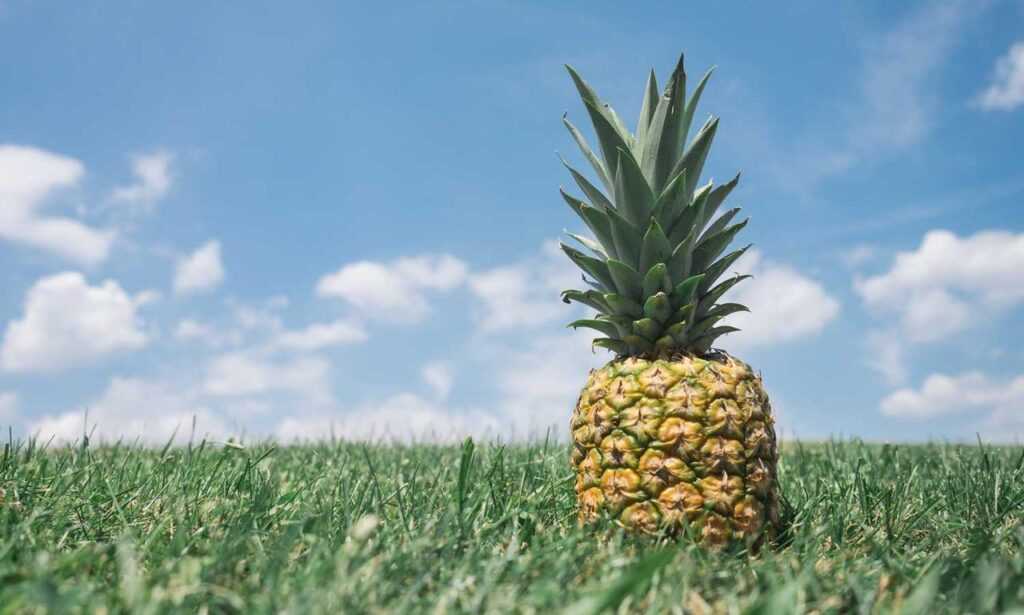What Is chousuji?
Chousuji refers to a Japanese arcade game from the early ’90s, notable for its highspeed gameplay and flashy cyber aesthetics. Officially titled Chousuji Mecha Battle Force, it never landed an international release, but its influence still lingers. It blended bullethell mechanics with fast melee combos—think Contra speed with Street Fighter precision.
The game didn’t get a home console port during its heyday, which only added to its mystique. You had to go to a grimy arcade in Tokyo to find it, and even then, you’d be lucky to get past level two on your first handful of coins. The rarity of original cabinets and ROM dumps today makes it a holy grail for collectors and preservationists.
Why People Still Talk About It
The gameplay of chousuji was ahead of its time. It forced players to learn, adapt, and move—fast. You couldn’t button mash your way through it. Each level threw in fresh enemy patterns and environmental challenges, which meant you had to master timing, rhythm, and control.
And that art style? Pure ’90s scifi with a heavy anime influence. Enemies looked like they were drawn for a cyberpunk OVA that never aired. Neondrenched cityscapes, giant mechs, pulse beams—it was unapologetically bold.
What sets it apart, even decades later, is how smooth it felt during actual play. Latency was minimal, hitboxes were tight, and combos required real precision. Fans still argue that modern action games could take a page out of its design book.
chousuji’s Cult Following
The lack of Western exposure only amplified its legend. Importers and arcade modders kept the flame alive. Forums like Shmups and NeoGAF have pageslong threads deepdiving into tactics, trivia, and emulator builds. Someone even translated the ingame menus off blurry VHS recordings.
In 2019, a limited Japanese arcade reissue put chousuji back into a handful of retro game bars. Word spread fast. Videos of people finally playing it again popped up all over YouTube and TikTok, and fresh eyes discovered its raw energy.
Collectors now scout for chousuji PCBs (printed circuit boards), sometimes shelling out thousands to own an original. Fan patches and custom arcade sticks are common. It’s less about nostalgia and more about respect—chousuji still delivers.
Getting Your Hands On It
If you want to play chousuji today, you’ve got two options: emulate or hunt an original PCB. Emulating it requires an advanced MAME build and a strong system setup. Don’t expect 1:1 accuracy, but it’s decent with the right config. ROMs are still hard to find legally, and preservation groups tread carefully to avoid copyright issues.
As for arcade hardware, it’s expensive and not beginnerfriendly. You’ll need a JAMMAenabled cabinet, a compatible control board, and patience. Most available boards are in Japan, and shipping costs can nearly double your total investment.
Some indie devs have made spiritual successors, borrowing the frenetic pacing and aesthetic vibe. But real enthusiasts will tell you: nothing mimics that gritty chousuji pace quite like the real deal.
What’s Next for chousuji?
Rumors of a remaster pop up every other year, but nothing’s been confirmed. A couple of exdevelopers hinted in interviews about archived assets being recovered, but there’s no official word from the original publishing studio. Frankly, many think it’s best left untouched—chousuji is what it is because of when and how it showed up.
Still, the demand is there. Younger gamers hooked on hackandslash titles find joy in discovering something rawer, rougher, more direct. Influencers covering forgotten games often include chousuji in their top picks, helping a new generation blacklist it as a musttry.
The Bottom Line
If you’re looking for a retro experience that doesn’t pull punches, chousuji might ruin you—in the best way. It holds up, not because of nostalgia, but because it focused on gameplay mechanics and learned aggression. No microtransactions, cutscenes, or endless tutorials. Just reflex, memory, and motion.
Even if you’re only moderately into retro gaming, checking out chousuji is worth your time. It’s a pulse check for how far action games have come—and a reminder of how much some have lost chasing polish over punch.




